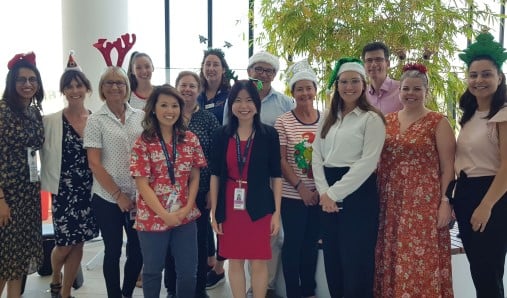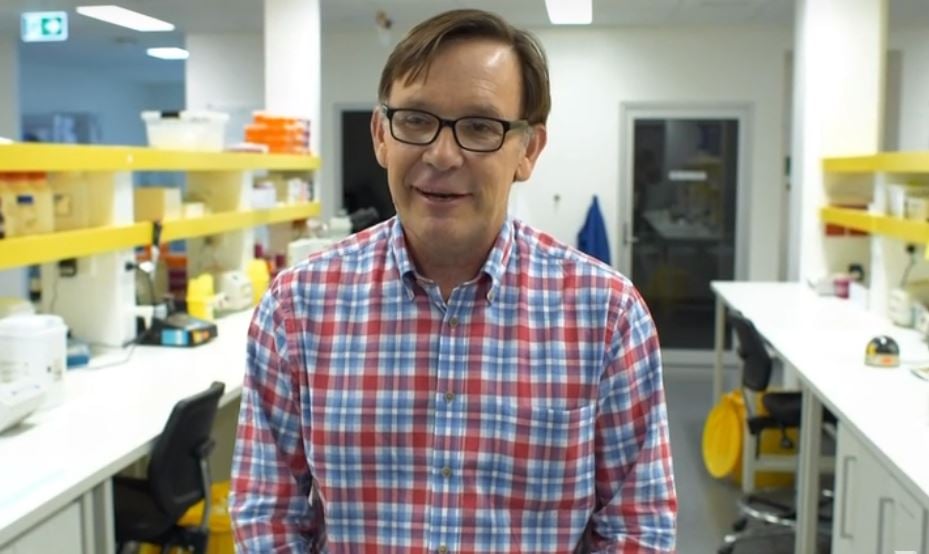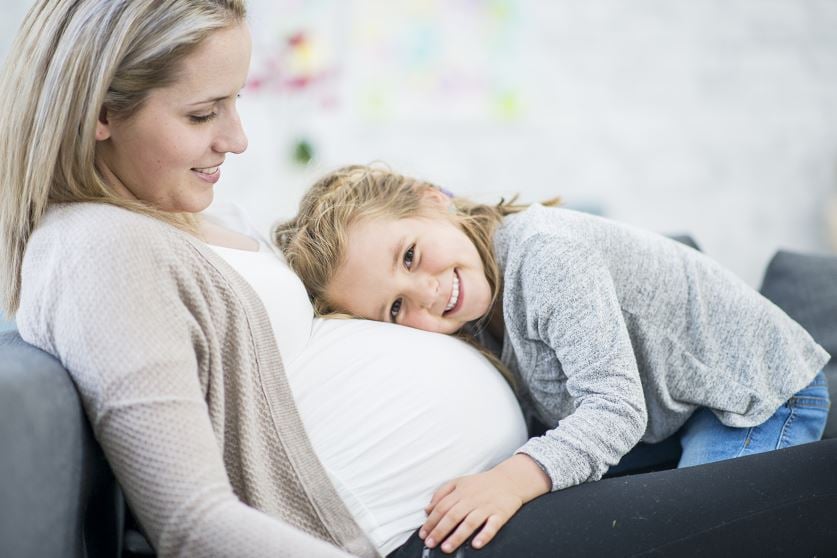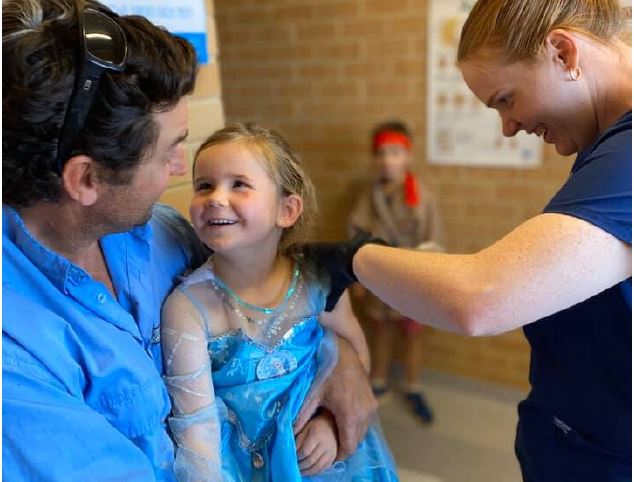Vaccine Trials Group Christmas Update 2020

What a year 2020 has been!
What started out as reports of an unusual form of pneumonia in Hubei Province in China turned out to be the world’s most severe pandemic in a century! We quickly learnt about the impact an infectious disease can have, not only our health, but also the global economy. We also discovered the effectiveness of public health measures, and what happens when countries ignore them. Never have we heard more about how vaccines are developed, and there has been an explosion in vaccine technologies.
We are grateful that this novel coronavirus rarely causes severe COVID-19 disease in children, and that living in Australia, especially in Perth, has spared us from the ravages of disease occurring globally. But the added challenges brought on by COVID-19 made a busy year even busier, so now is a great time to reflect on everything that has been acheived in 2020.
Major highlights from 2020 include:
- Bracing for protection against COVID-19 and other respiratory viruses
At the start of the COVID-19 pandemic, it was clear that healthcare workers in hospitals were at particular risk of becoming unwell from infection. As vaccines were just starting to be designed, alternative approaches to preventing infection were being explored. The Vaccine Trials Group (VTG) were asked to help organise a study investigating whether an existing vaccine for tuberculosis, BCG, could reduce the risk of COVID-19 disease. This vaccine had been shown to reduce the risk of respiratory infections in babies, teenagers and adults by providing a non-specific boost to the immune system.
With lots of hard work and support from other staff at Perth Children’s Hospital and The Kids, the VTG was able to start the BRACE Study with colleagues at Fiona Stanley and Sir Charles Gardiner Hospitals - recruiting over 1700 healthcare workers in just three weeks!
While Australia’s public health measures have helped control the spread of COVID-19 in Australia and we have not had any cases in our healthcare workers, the success of our approach has enables the Gates Foundation to fund recruitment for this study in Europe and Brazil. These countries are still in the midst of high rates of COVID-19 disease and will hopefully get to the target goal of 10,000 healthcare workers recruited early next year. We will also be looking at the impact of BCG on other respiratory viruses and vaccine responses.
- New vaccines for reducing the risk of severe RSV pneumonia and chest infections in babies
The results of two global Respiratory Syncytial Virus (RSV) prevention studies were published this year in the prestigious New England Journal of Medicine. While COVID-19 meant these results did not receive a lot of attention, they represent very important steps in preventing this major cause of severe chest infections and pneumonia in children.
Unfortunately follow-on studies for pregnant women and newborn babies were postponed in 2020, but will be starting again in Perth early next year so please visit the upcoming studies section for more information.
We also completed recruitment of our RSV Toddler Study this year, and despite being at a much earlier stage of development, this is an important milestone as the vaccine has been found to be safe and well tolerated so far. Importantly, many of the vaccine design strategies have been used to develop COVID-19 vaccines that are now in Phase III clinical trials in adults. We are hoping that the novel technology developed for COVID-19 vaccines will be able to be used to design new vaccines for the prevention of RSV disease in children – watch this space!
- Developing a universal vaccine for meningococcal disease
The introduction of the meningococcal ACWY vaccines in toddlers and teenagers on the National Immunisation Program has eliminated the threat of meningococcal W disease in WA, yet meningococcal B disease continues to be a problem. This year we began our involvement in a combined MenABCWY vaccine study in adolescents, called QUINTET, which offers the promise of being able to prevent all of the major causes of this devastating disease in one vaccine. Find out how your family can get involved here.
- Fighting the flu in bubs
Unlike COVID-19, influenza is a major problem in young children, and unfortunately our current vaccines are only licensed to be used in babies over six months of age. Babies under that age are at particular risk for influenza infection after immunity from their mothers wear off, so the new FluBub Study hopes show the influenza vaccine is safe and well tolerated in babies from six weeks onwards. We will also be using the latest advances in technology to understand exactly how the immune system in young babies responds to vaccines.
As always, we could not do any of this important research without support from families, general community and the research support staff from the Child and Adolescent Health Service and The Kids Research Institute Australia. We also acknowledge the critical input from all our consumers and research buddies. Special thanks to Stacey Campbell, the Wesfarmers Centre Communications Specialist, who helps us provide clear communication of our research and results. We wish Stacey good luck for her impending addition to the family as she heads off on maternity leave. We are also always grateful for the funding support for our research from funders at the Allegra Scafidas Foundation, the PCH Foundation, Light for Riley Immunisation Foundation, Wesfarmers Centre for Vaccines and Infectious Diseases, NHMRC, WA Children’s Hospital Research Fund, WA Health Department, Bill & Melinda Gates Foundation and the US National Institutes for Health.
We wish all readers a Happy Christmas and festive season and a healthy and prosperous New Year. We look forward to 2021 when the use of effective COVID-19 vaccines will help us to get back to the normal and we can continue to work together to keep children (and adults) healthy by preventing infectious diseases.
Associate Professor Peter Richmond - Head of the Vaccine Trials Group
COVIGEN Study
Australia’s first DNA-based COVID-19 vaccine study set to begin at Telethon Kids Institute
Paving the way for world-first vaccine
Latest RSV results pave way for world-first vaccine
Eureka Prize Finalists
Landmark Australian influenza collaboration finalist for Eureka Prize
